Last Updated on August 5, 2021

We recently had the chance to sit down with iconic director Ruggero Deodato in London, England. He is of course the man behind such genre classics as: Live Like a Cop, Die Like a Man (1976), Cannibal Holocaust (1979) and The House on the Edge of the Park (1980). Mr. Deodato started the interview himself, putting out a statement before a question was even asked; so start it up Mr. Deodato! NOTE: We didn’t correct Mr. Deodato’s broken English (he’s Italian), cause then it wouldn’t be him talking now would it, would it bitches?!!! 😉

Interview conducted by Deke Richards
Ruggero Deodato: My coming to Britain after 30 years has opened new horizons because the questions the journalists have been asking me here the last couple of days nobody has ever asked me before. So the thing is that in Britain the film was censored because of the animals and yet here I am asked more about other things than animals, where as in other countries I am asked about the animals. So instead of having to justify or account for the issue on the animals, for the first time because of the questions I’ve been asked, it’s enabled me to actually talk about what the intentions of the film were and the message and such things.
Do you think that a film like CANNIBAL HOLOCAUST would make an impact today?
Ruggero Deodato: I have seen the film several, several perhaps a hundred times around the world usually in small cinemas and usually it’s people who go and see the film are people who are the sort of audience for that film. Except once in Dublin where there were 2,000 people but for example I saw it in Sicily and it was an open air thing, and there were 250 people there and they were not the usual audience. I saw a really nice pleasant reaction to the film and that’s what I would be curious to see nowadays is how audiences react to the film on a wider scale. Still today the way the film is being presented I still don’t know what the reaction would be to the film and the general audience and to the one showed a couple of days ago. In Dublin there was 2,000 people that I signed autographs for and my wife said “Don’t ask the name just sign.” And instead I asked everyone their name (laughs).
Was that experience different to the 7th of February 1980, when the film premiered in Italy?

Ruggero Deodato: It did very well when it opened but you are referring to the fact that they nearly put me in jail for it?
I was referring as to how well it did on the market after the premiere.
Ruggero Deodato: It sold fully. The distributor in France is a friend of mine and he made his fortune with Cannibal Holocaust. In Bogota, Columbia there was a 1,000 metre cues around the cinemas to see it. In Japan it made $21 million dollars. But when it came out three years later therefore in ’83 in Italy when it was re-released it flopped. It made no business at all.
How did it feel to go to court to defend your film and did you feel persecuted?
Ruggero Deodato: No. I’m not a hero or a political person. I felt more like a child who had done something wrong. If I had felt persecuted I would of ended up being someone like Tarantino (Chuckles). To become a somebody you have to shout a lot. I am not like that.
Can we expect a sequel to Cannibal Holocaust anytime soon?
Ruggero Deodato: I thought about it many times and they asked me many times. But if I made a film that was at the time with a premise that it would appear to be real (Cannibal Holocaust), how can I do another one because then people now know that the first one isn’t, so they would know that the second one isn’t. The first time around as you know I ended up in court so I had to say “No, no these guys didn’t die.” I had to call the actors because I asked the actors not to show their faces and all of that. The artifact of the film as it were is gone. In my mind if I thought like an American major I would of left one of the guys alive and I would of done a film immediately after. “Cannibal Holocaust: The Return” (laughs).

In 1976, Italy was doing countless Italian cop crime films, why didn’t you do more of them after LIVE LIKE A COP, DIE LIKE A MAN?
Ruggero Deodato: I don’t like being in a current stream. I would of done a sort sequel with the same people but they were not in an agreement. So the film did very well and the producer was very pleased. At the same time as this film was out, the (Umberto) Lenzi’s film that had a bit of a cannibal theme to it came out and it flopped. Not the producer of “Live like a Cop, Die like a Man” but the producer of the that cannibal thing done by Lenzi which hadn’t worked to well saw my Police film and thought he saw something that was different from the others. He saw a bit of visceral cruelty and he liked making films. And this producer lived in Singapore and he was keen to do all this stuff in the wild as it were. And so he asked me on the strength of that cop film which had done so well whether I would do “Cannibal Holocaust”?
Did you have any trouble controlling David Hess in your other films? I see your smile (chuckles).
Ruggero Deodato: He’s a big man but I’m stronger (laughs) and my head is bigger then his. He wasn’t so much problems with me but he was a bit of a problem with production. He starts for nothing and then he wants everything. I am a masochist (chuckles) because I used David for five movies.
Is LAST HOUSE ON THE EDGE OF THE PARK based on class warfare?
Ruggero Deodato: Yes. Absolutely yes. I am Robin Hood (laughs).
Do you regret making “Cannibal Holocaust”, a film that defined you?
Ruggero Deodato: NO. The one thing there isn’t in “Cannibal Holocaust” and it may seem strange is that my personality is not in it. Maybe more in “Live like a Cop, Die like a Man.” You know why? My family I have two brothers and five sisters. Parents are like snakes as they say in Italy. Their your worst critics in other words. My brothers and sisters, my immediate family (chuckles). My family always see my films hidden. They never said they actually seen them.
Having said that, in one occasion after seeing a film on television myself and the entire family who were crying because it was an emotional movie at the end they discovered it was directed by me. “I like your movie but you made us cry.” And the other one was my sister who saw “Live like a Cop, Die like a Man” on television and again she hadn’t realized it was one of my films and at the end she discovered it was when she saw the tail credits and she said “Ah, Ruggero, I understood it was your film because of the way you use of the domestic noises in the buildings and things like that.” So in other words, I was using if one can say, the realism that I was taught by Rosselini. So there she found my bases.

Ruggero Deodaton on the Hostel 2 set with Eli Roth!




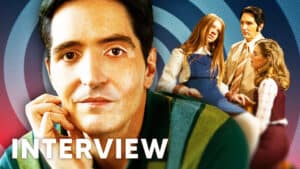

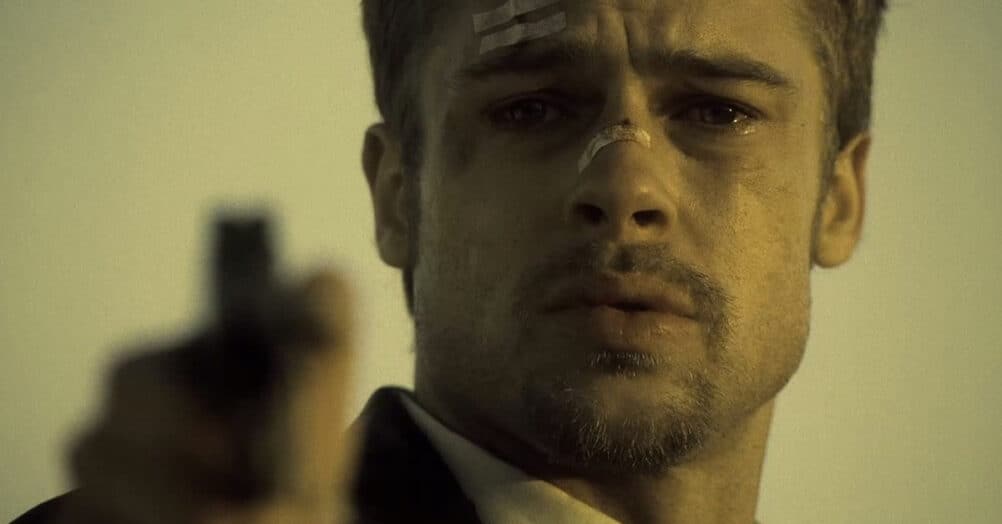
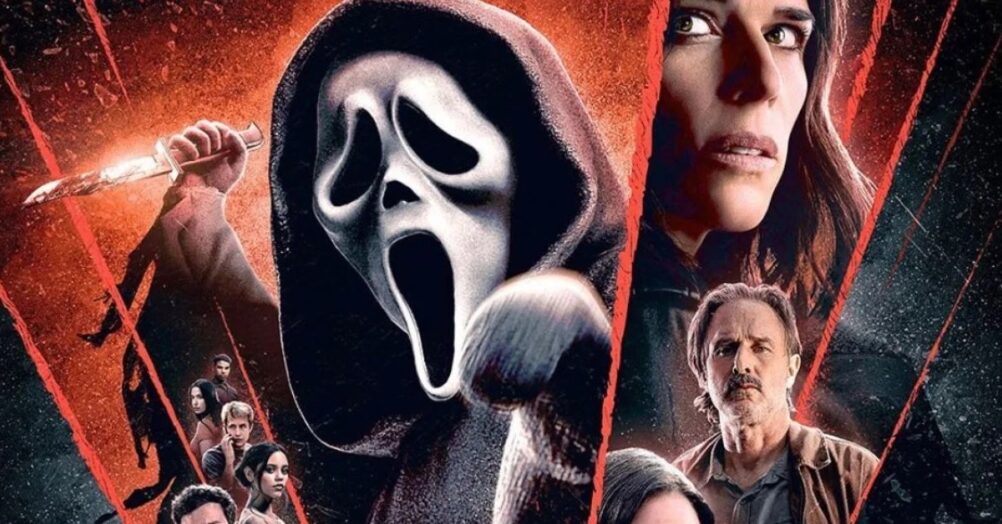
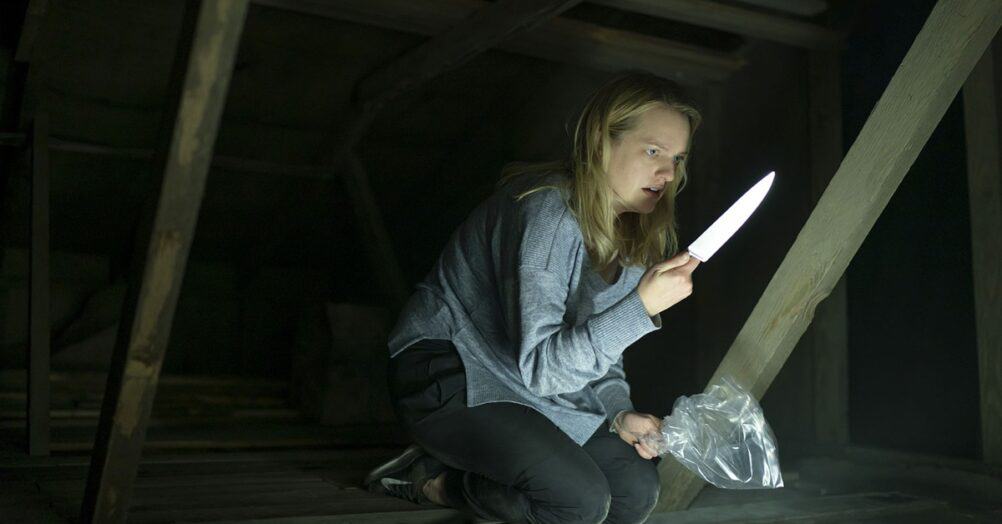

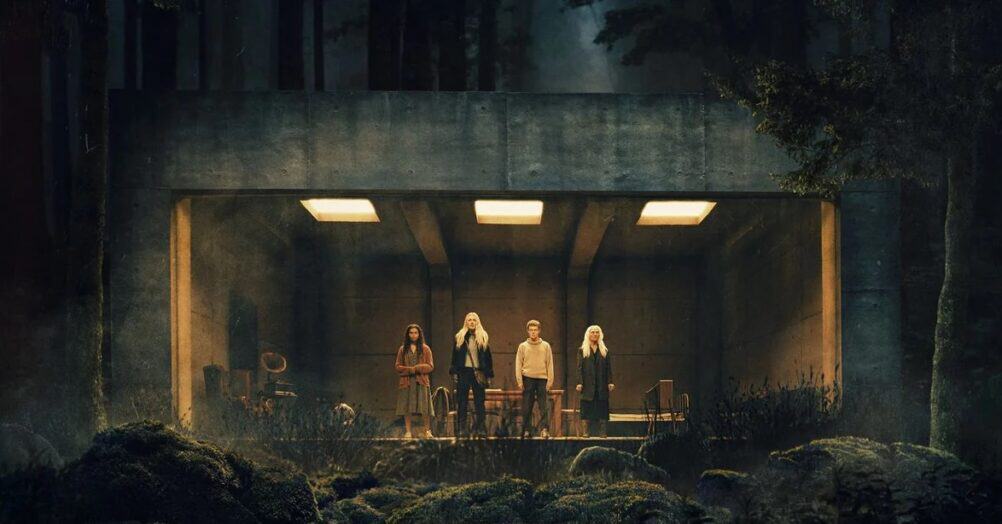
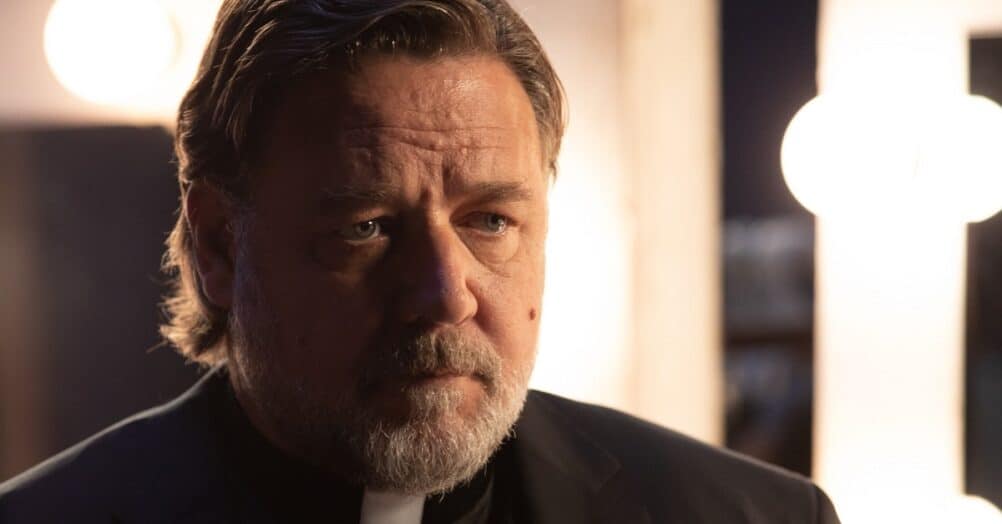

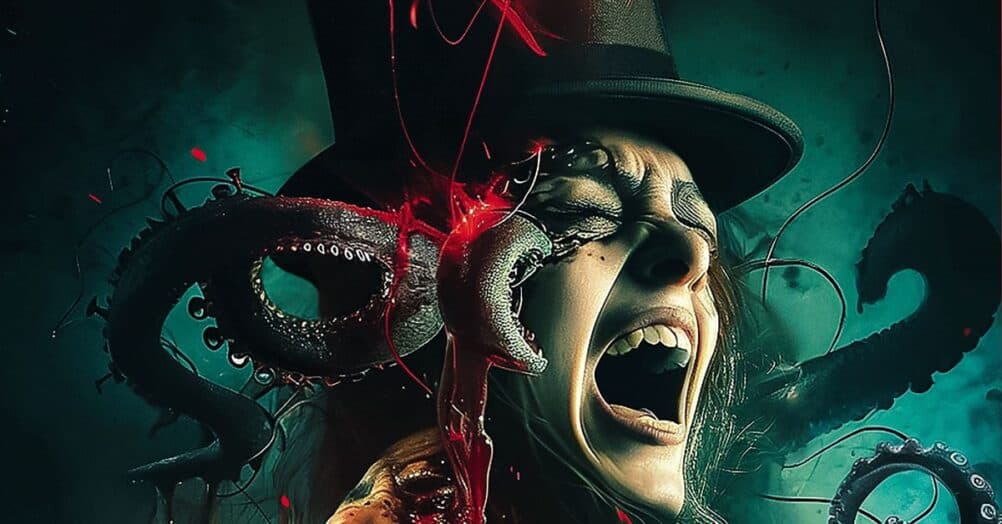
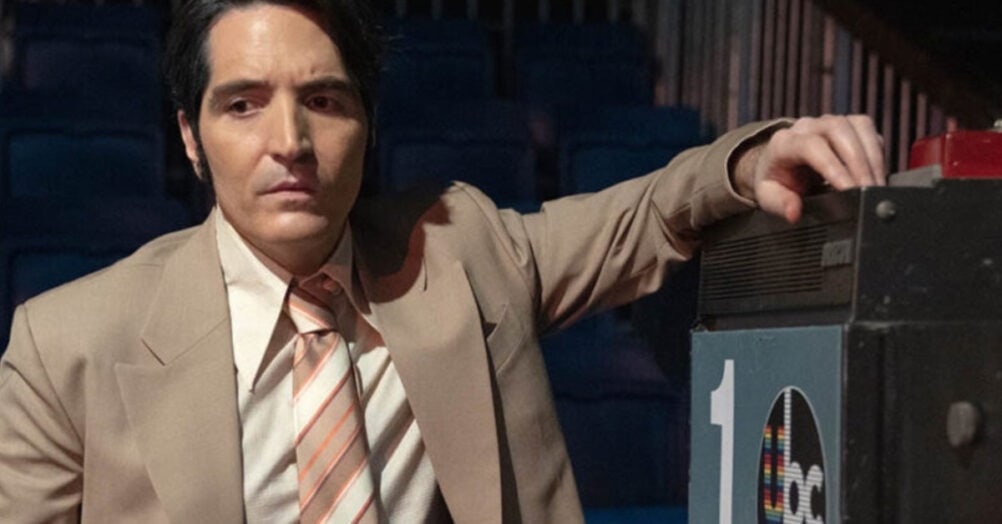
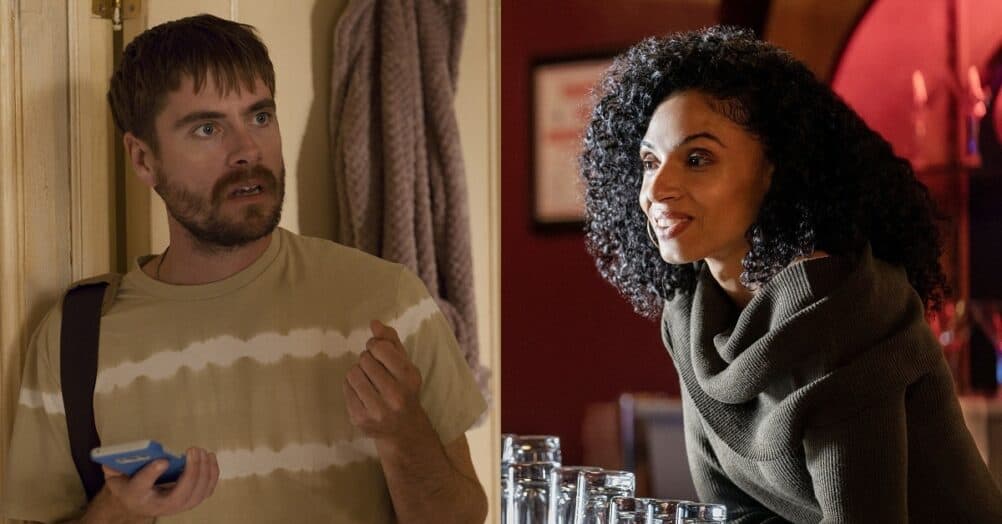
Follow the JOBLO MOVIE NETWORK
Follow us on YOUTUBE
Follow ARROW IN THE HEAD
Follow AITH on YOUTUBE